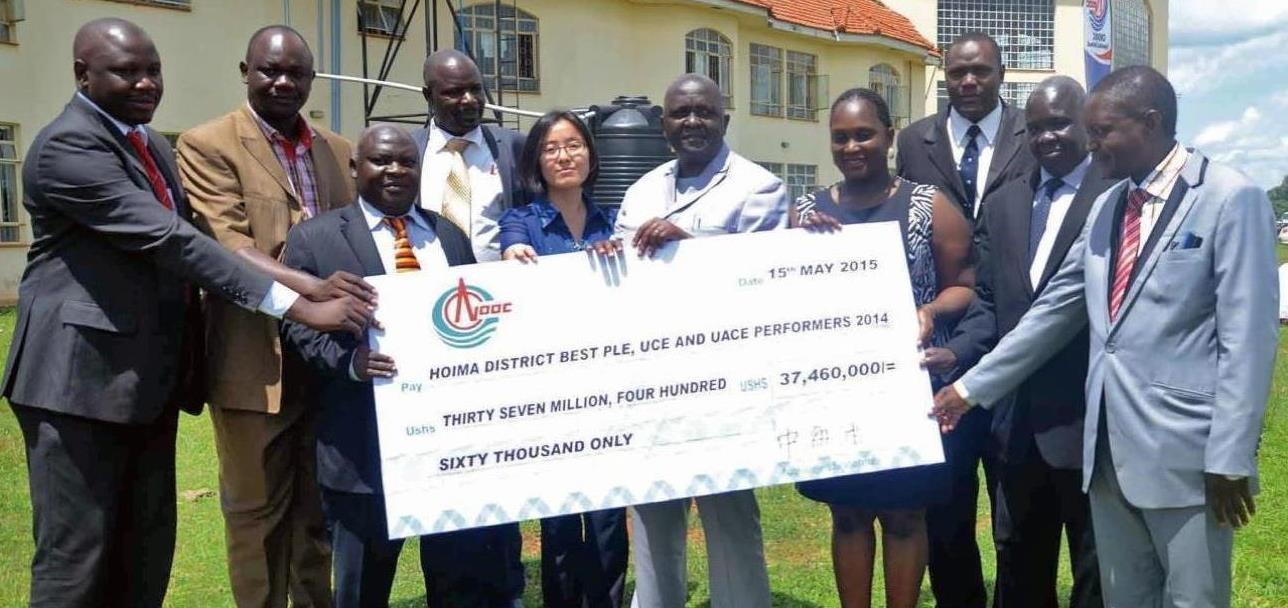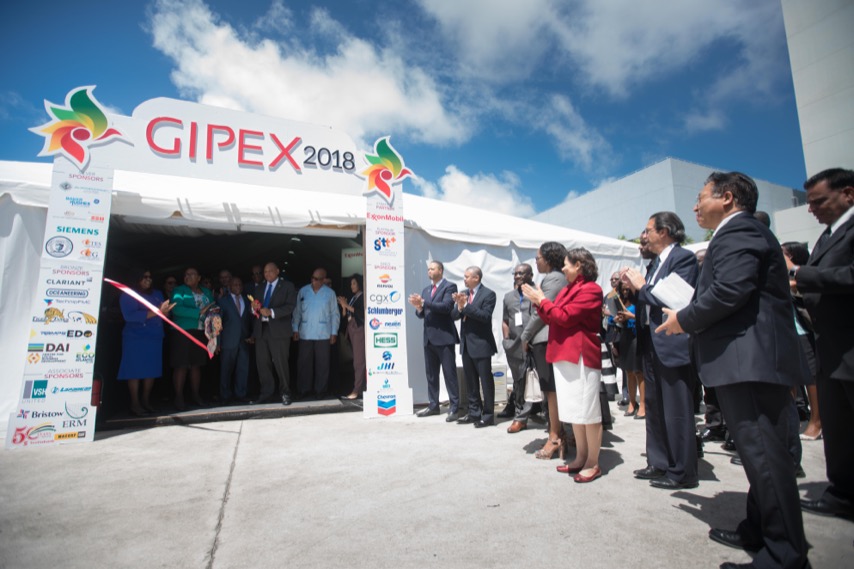Introduction
The UK Finance Act 2016 introduced provisions requiring qualifying large businesses to publish an annual tax strategy, in so far as it relates to UK activities, approved by the business’ executive board. This strategy applies for the financial year ending 31st December 2025. The strategy, which was approved by the Board of Directors of CNOOC UK Limited on 24 September 2025 and covers CNOOC UK Limited and its UK subsidiaries (the “UK sub-group”), is described below. CNOOC UK Limited regards the publication of this tax strategy as complying with its duty under paragraph 19(2) of Schedule 19 Part 2 of the UK Finance Act 2016 to publish its UK sub-group tax strategy for 2025.
The principal taxes covered by this strategy that we pay are UK Corporation Tax, Petroleum Revenue Tax, Energy (Oil and Gas) Profits Levy, VAT, customs and excise duties, employee taxes and national insurance. We also collect and pay employee taxes as well as indirect taxes such as VAT.
Strategy
We are engaged in oil and gas exploration, development and production, primarily in the UK. The oil & gas business involves incurring significant capital expenditure to develop projects which pay back over a long period of time. The long project life and significant capital at risk make our relationship with the UK government an important aspect of our business. As one of the largest taxpayers in the UK oil & gas industry, our management of tax risk is a key element in this relationship.
Risk management and governance arrangements in relation to UK taxation
Changes to the legislation that applies to our business, to its interpretation and implementation by the tax authorities, and the ever-increasing complexity of tax law in the UK create tax risk. Tax risk may also arise from business-driven changes in our operating model or processes. Major legislative change, such as the Finance Act 2025 amendments to the Energy (Oil and Gas) Profits Levy and the UK’s ongoing implementation of the OECD/G20 Global Anti-Base Erosion Model Rules (Pillar Two), are also likely to increase our tax risk.
Our policy is to comply with all applicable laws and regulations, and to apply the spirit as well as the letter of the legislation, taking into account the intent of parliament when passing the laws. Where laws are unclear, we rely on the interpretation of our internal tax specialists, supported where appropriate by external professional advice. We may seek clarification from HMRC as to the correct implementation of provisions where the position remains unclear.
We manage tax risk in the same manner as any other business risk and apply internal review and control procedures based on materiality, uncertainty and reputational impact, in accordance with our Enterprise Risk Management system and the UK Management System.
The UK sub-group has clear tax policies, procedures and controls in place which are overseen by the Chief Financial Officer and monitored and reviewed by internal tax specialists.
The board receives regular briefings on tax issues and approves the UK sub-group’s tax strategy and approach to tax risk management.
The attitude of the UK sub-group towards tax planning (so far as affecting UK taxation)
Our code of conduct requires that we demonstrate integrity in our approach to business; to our employees; our business partners; governments and other stakeholders. Everywhere we operate our commitment to integrity stays the same. Our culture of integrity is strong, and we have robust processes in place to protect the interests of our people, our business and our shared future. Our Integrity Guide provides us with a common framework for managing ourselves and addressing integrity concerns. More information can be found at:
https://cnoocinternational.com/en/integrity-and-compliance
The principal purpose of our tax planning is to support a commercial outcome for our activities. We seek to comply with the laws and regulations in place, and to ensure that our tax liability properly reflects the economic reality of our activities. We price intercompany transactions on an arm’s length basis and in accordance with the OECD Transfer Pricing Guidelines, supported by independent review by our advisers. We do not engage in artificial tax-driven transactions.
We obtain external professional advice in areas outside our day-to-day experience; where the issue is sufficiently material; or in cases where there may be potential for reputational impact.
The level of risk in relation to UK taxation that the UK sub-group is prepared to accept
We have no predefined level of “acceptable risk”. Each business tax risk is identified, evaluated, and addressed as part of the overall commercial evaluation of a project or activity.
Dealings with HM Revenue and Customs (HMRC)
We maintain an open and transparent relationship with HMRC. We hold regular meetings, including an annual business risk review, with our Customer Compliance Manager at which we discuss significant business activities and any related tax issues on a real-time basis. Where appropriate we may seek input or clearances from HMRC specialists on tax issues where the legislation or its application is unclear. As a part of our commitment to transparency we, report publicly under the Extractive Industries Transparency Initiative and the Reports on Payments to Government Regulations 2014. We also participate in discussions on the development of tax law, as it applies to our business, both directly and indirectly through industry bodies.





